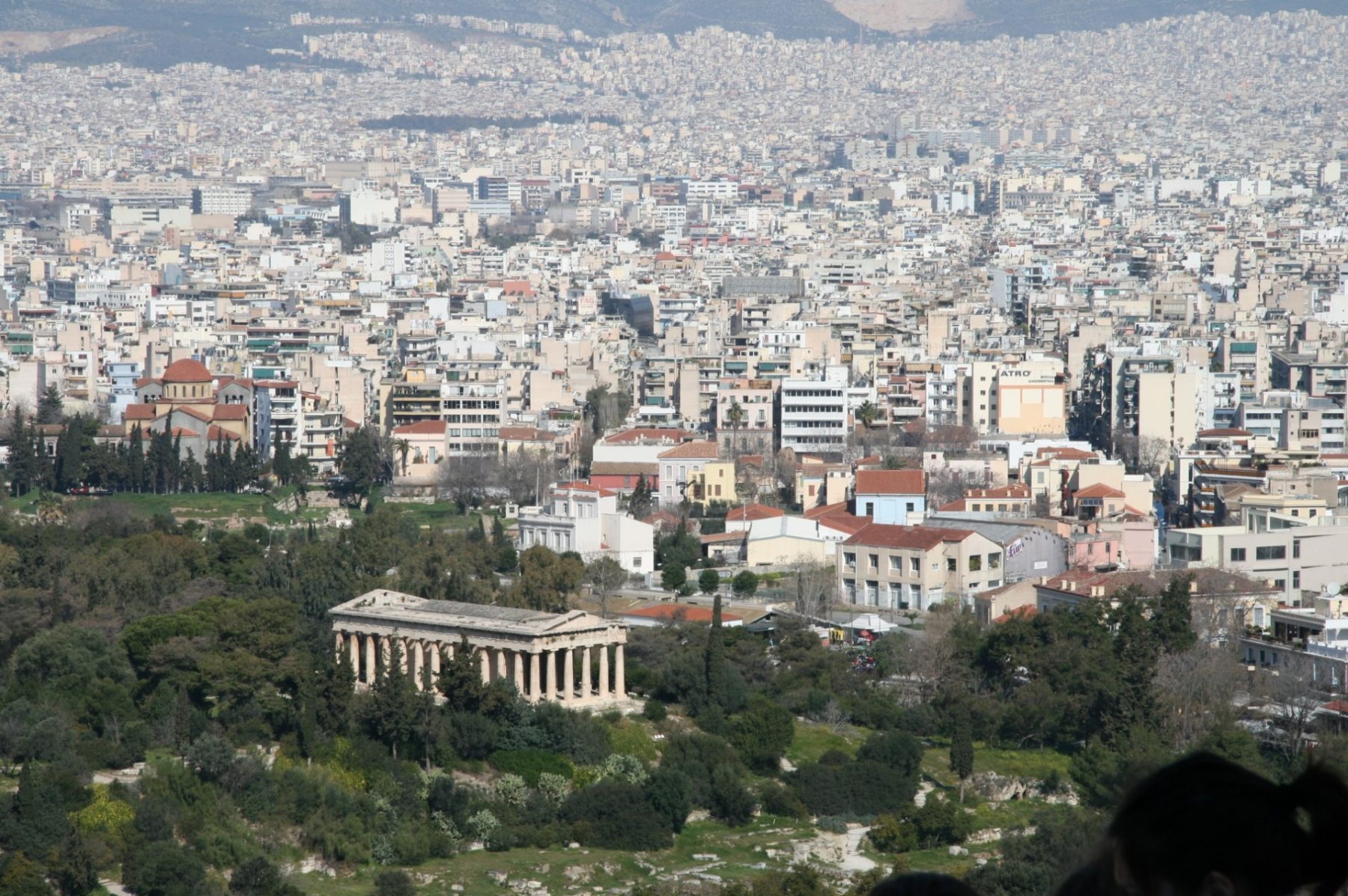The tools commonly used to understand contemporary backlash movements are inadequate when applied to the Assembly of Greeks, a group that appeared in Greece in the 2010s. This short profile of the Assembly highlights the need to approach it as more than a purely political phenomenon.
The backlash moment presently experienced in the West (anti-elitist, anti-mainstream, anti-PC) is interpreted as an attempt to empower those “left behind” by distant rulers, an evolving culture and a new economy. As a case in point, consider the vogue for the populism concept among those who study the politics of mass disenchantment. Outside elections, sociologists deal with religious fundamentalism and traditionalism as responses to societal modernisation. Economists examine alternative currencies and cooperatives as reactions to the workings of modern capitalism.
These political, religious and economic reactions are organised around a similar promise: the inevitable success of unconventional solutions to collective grievances. From that unifying viewpoint, they are reminiscent of a class of phenomena that have been a staple of simpler societies during periods of turmoil: hard-to-define revitalisation movements (e.g. indigenous resistance to white expansion in North America [1] or twentieth-century Melanesian cults [2]).
Revitalisation movements conflated the following elements: a challenge to what participants experienced as an externally imposed political order; an innovative mode of worship that generated collective effervescence and a newfound sense of identity; and the abandonment of established expertise by way of untested tools to improve participants’ material situation. Are such hybrid backlash movements only possible in pre-modern societies?
Fast-forward to mid-2010s, crisis-ridden Greece and to the appearance of the controversial Assembly of Greeks. The Assembly is a group that has styled itself as an NGO under the leadership of a self-proclaimed trillionaire. Independent accounts from recent years estimate Assembly membership at several thousand participants, with members meeting weekly at more than 200 locations across the country.
The Assembly has characteristics that echo those of a revitalisation movement. First, its public discourse resembles that of a political party. Its declared aims are expressed as a political manifesto that has opposition to austerity at its heart. Core proposals include clearing Greece’s national debt, making it easier to prosecute MPs for wrongdoings, promoting direct democracy at the local level, strengthening the welfare state and bringing the country’s “liberation” closer. The group fielded candidates in the recent 2019 European Parliament Election in Greece, receiving approximately 29,000 votes (0.5% of the vote).
In addition to its party-like traits, the group is known to have held ceremonies where members donned costumes inspired by ancient Greek (pagan) festivals. This is in the surrounding context of a homogeneously Christian country. The group’s discourse has included anti-clerical elements directed against the country’s official church, the Orthodox Church of Greece. The text recited during the oath ritual for the induction of new Assembly members refers to a “Master of Light”, “the Gods” and a common mythical ancestor. According to the ritual, new members are expected to consume “active water”, a concoction that purportedly kills those who break their oath.
Apart from such cultic features, the Assembly has drawn legitimacy, and some legal trouble, from its financial claims and practices. The most sensationalist element has been its leader’s claim of the existence of forgotten bonds, systematically ignored by the country’s elites, worth hundreds of billions of euros. The sum could effortlessly wipe clean the country’s public and private debts. The logic behind this spectacular assertion has been detailed in elaborate Assembly documents composed in the language of modern finance. What makes the group’s transactional function explicit is that at some point it provided individual members with a particular form to sign and return to the country’s tax bureau and banks. The form used the “forgotten billions” as grounds for refusing to pay one’s debts. Greek authorities eventually dismissed these claims and practices as baseless, while the group’s leader was arrested.
The lack of detailed information on the movement and the absence of similar phenomena from comparable settings leave some questions unanswered. It is anyone’s guess how members experience their participation. Are they looking for a renewed sense of identity, a lower tax bill, a vehicle of political representation or the possibility of an end-of-days battle against the enemies of the Greek people? It is also unclear whether Greece’s idiosyncrasies – a deep religious footprint in public life, the country’s relationship with its pagan past, the recent disintegration of the old party system and unusually prolonged economic troubles – make the country a uniquely fertile ground for this anachronistic phenomenon.
Despite the Assembly’s involvement in electoral politics, it would be reductive to consider the movement as a classic instance of anti-establishment politics. The Assembly offers a bundle of unconventional solutions to various complex problems: a radical political platform that will unite all “good” Greeks against ostensibly corrupt elites; an exotic spiritual remedy that deviates from the country’s established religious norms; and a fantastically uncomplicated, direct channel for the preservation of members’ wealth.
The various dimensions of the phenomenon (political, religious and transactional) call for a holistic analysis that borrows widely from across the social sciences. If the current backlash moment is to be understood and addressed constructively, we should be able to map its mutations across different cultures.
[1] Mooney, J. 1991 [1890]. The Ghost-Dance Religion and the Sioux Outbreak of 1890. Lincoln: University of Nebraska Press.
[2] Worsley, P. 1957. The Trumpet Shall Sound: A Study of ‘Cargo’ Cults in Melanesia. London: Macgibbon & Kee.
Note: This article gives the views of the author, not the position of Greece@LSE, the Hellenic Observatory or the London School of Economics.






